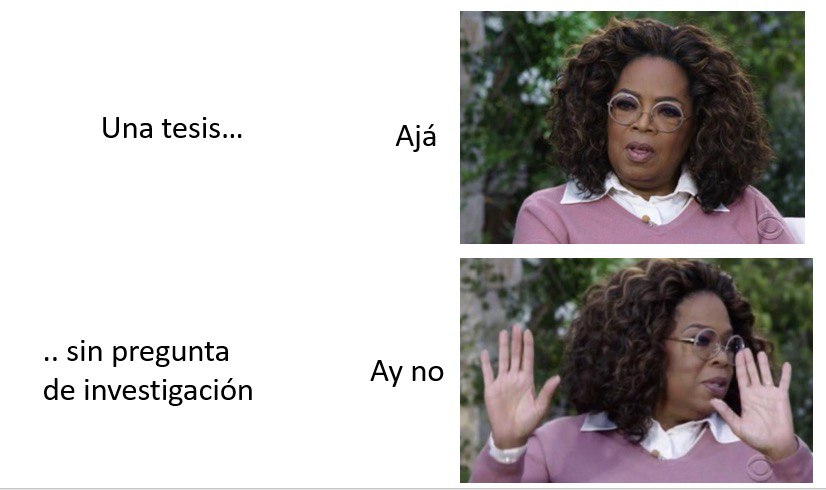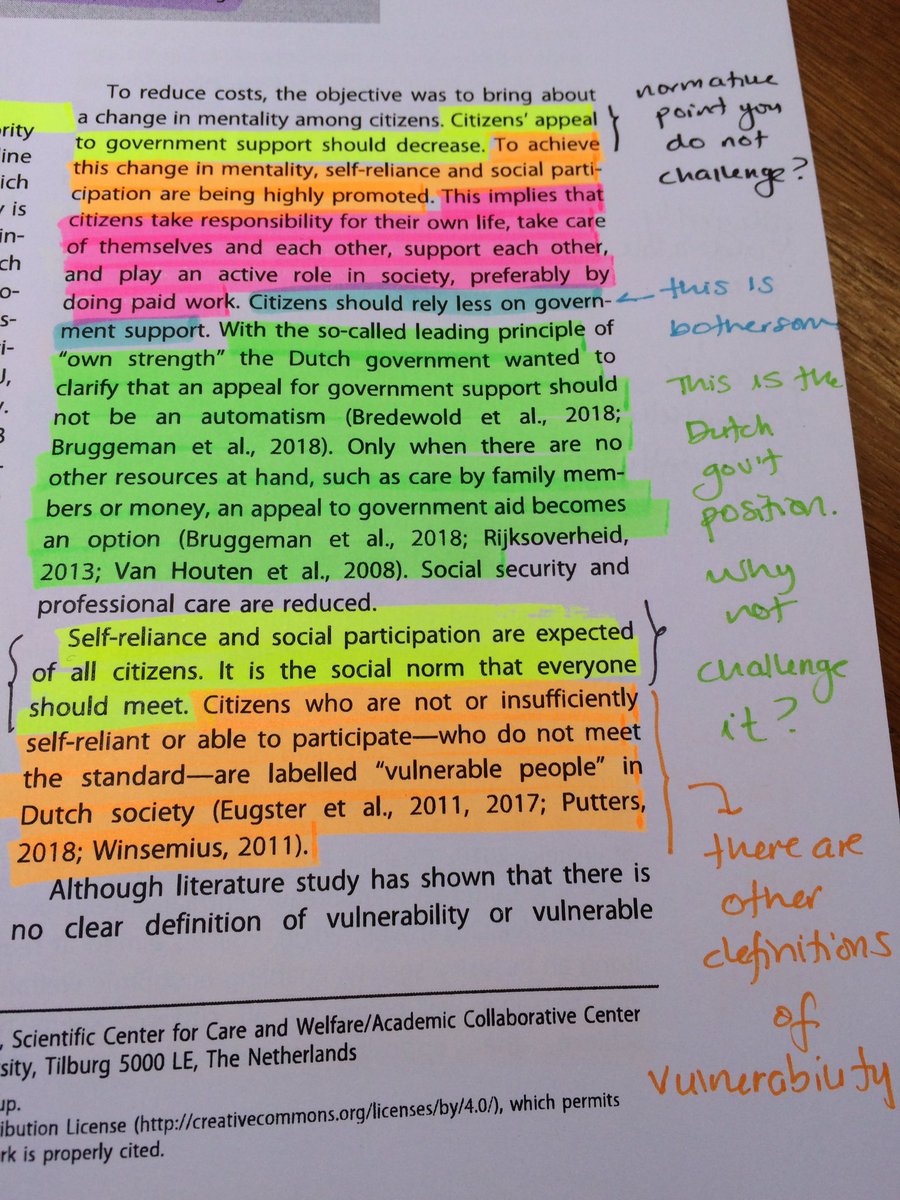
Tengo un montón de reflexiones en el tintero pero dos que me saltan de inmediato:
1) #QuedateEnCasa es una política absolutamente estúpida que realmente no lidia con el proceso de transmisión del SARS CoV2.
Quedarse en casa y no tener que salir a trabajar es un privilegio.
1) #QuedateEnCasa es una política absolutamente estúpida que realmente no lidia con el proceso de transmisión del SARS CoV2.
Quedarse en casa y no tener que salir a trabajar es un privilegio.
Sin apoyos económicos del gobierno y en un sinfín de sectores productivos, es prácticamente imposible quedarse en casa.
Esta contradicción era visible desde Marzo 2020. A un año del inicio de la pandemia en la escala global, es claro que NADIE se puede quedar encerrado 1 año.
Esta contradicción era visible desde Marzo 2020. A un año del inicio de la pandemia en la escala global, es claro que NADIE se puede quedar encerrado 1 año.
2) qué ventajas tiene la etnografía urbana por encima de otros métodos de investigación en ciencias sociales, sobre todo para comprender la pandemia de COVID19?
Tener sensibilidad etnográfica y capacidad de observación analítica en sintonía con las comunidades bajo observación.
Tener sensibilidad etnográfica y capacidad de observación analítica en sintonía con las comunidades bajo observación.
Quedarse en casa (para quienes hacemos etnografía, y en especifico etnografía urbana) es una pésima idea si queremos entender el comportamiento de quienes tampoco se quedan en casa y sus razones. Desde la necesidad económica hasta la naturaleza del trabajo mismo.
Fui a comprar comida para llevar (en Aguascalientes), y TODAS, absolutamente todas las calles están saturadas de automóviles, el estacionamiento de Altaria esta llenísimo, en fin.
Quedarme en casa no me permitiría observar estas ocurrencias y tratar de investigar qué ocurre.
Quedarme en casa no me permitiría observar estas ocurrencias y tratar de investigar qué ocurre.
Cómo debió haber cambiado su mensaje el gobierno? Decididamente NO instando a la gente a quedarse en casa (que es imposible sin apoyos económicos). En todo caso, debieron haber dicho “en toda circunstancia, usa cubrebocas, mantén distanciamiento, evita aglomeraciones, etc.”
Como alguien que usa (y enseña) métodos mixtos en mi investigación, la pandemia de covid19 me ha dejado clarísimo los grandes huecos y limitaciones de usar solamente un tipo o categoría de método.
Creo que quienes mejor pueden entender la pandemia son quienes escuchan las voces
Creo que quienes mejor pueden entender la pandemia son quienes escuchan las voces
... de quienes se encuentran de lleno en la pandemia. No, no solamente el personal de salud, tambien la gente "de a pie" que tiene que salir de su casa a buscar el ingreso, uno que desde el inicio, un gobierno supuestamente de izquierda, le nego al 100%. Gran lección etnográfica.
• • •
Missing some Tweet in this thread? You can try to
force a refresh







